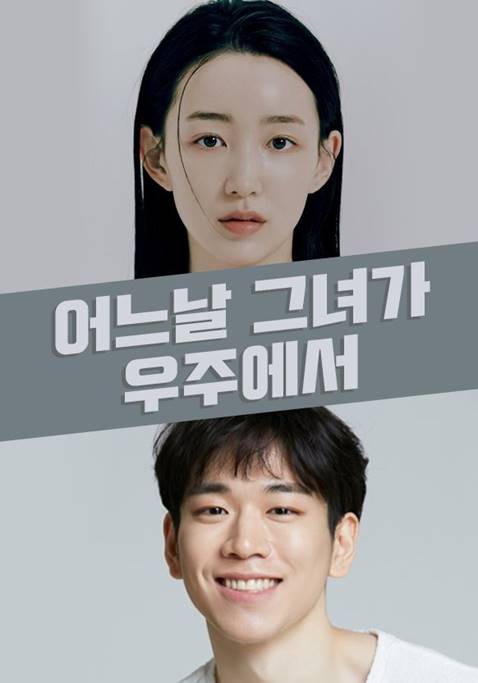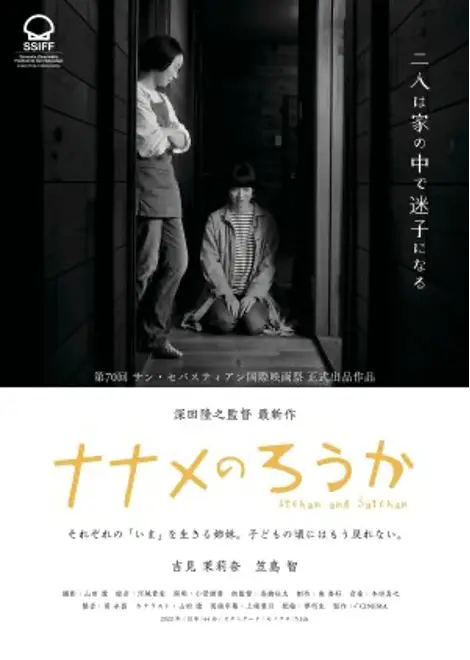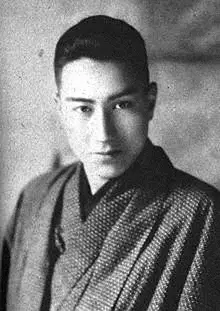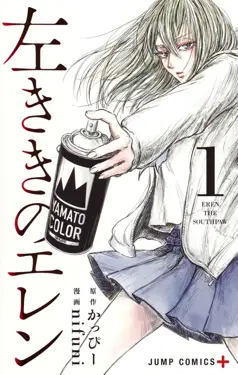
Movie Digest
Thirty years ago, Takeshi Uemura wrote a controversial article that forever affected his life. His report got published in Asahi Shinbun newspaper on a Korean girl working comfort woman who claimed to have been forced into prostitution and had to endure sexual violence by Japanese soldiers during their invasion. Japanese society banded this report as fabrications and dismissed the notions aggressively. Umera and his family received death threats, and his academic post got revoked after this incident. The documentary also focuses on the history of Japan’s invasion of Korea amidst the matters around comfort women. Target also blends the two narratives of a reporter trying to uncover the truth and the campaign that denied these allegations to uphold a specific image as a virtuous nation.
The Feel-Good Part
The story of the comfort women, as they got forced into a dark world, is an immersive yet discomforting event captured in this documentary movie. Even though the story mainly focuses on the reporter, it also showcases the historical aspects of this subject. It also showcases the lack of freedom of speech and socially aggressive harassment. The direction and production value surrounding this documentary were decent enough. The editing impacts viewers as the man trying to fight against his nation to reveal the truth and confronting a faulty system that wants to cover up these stories, which might ruin the image of their country. It manages to shed some light on a few sensitive topics that need to be addressed by the nation as a whole. It portrays the social blaming, political agendas, and personal opinions in ways that help the audience pick a stance for themselves.
The Disappointing Factor
The movie is much longer and slow-paced, which might make the audience impatient throughout their watching experience. Even though it managed to focus on Uemura’s case, it misses the much-preferred narrative of the comfort women and the wrongdoings, which get brushed off. The documentary also targets their perceptions as the only truth rather than a point of view.
In-Depth Analysis
The movie provides a sensitive story that was quite famous in Japan as a reporter wrote an article that affected national sentiments, and a big uproar against him got carried out. The documentary dwells on awareness of freedom of speech and the responsibilities of reporters to write accurate and factual content. It ponders on violence against women in historical times and its factual accuracies that doubt the entire nation. It showcases the bad treatment of the reporter who wanted to voice a woman’s story and how society judged his fidelity towards his country.
Star Power
The director of this movie is Shinji Nishijima, who has produced many World War II documentaries and got written by Hayashi Eidai. The film follows Takeshi Uemura, a former reporter of the Asashi Shimbun and the Publisher of the Weekly Shukan Kinnyobi.
Overall Opinion
It is an intense and engaging documentary movie that is eye-opening and thought-provoking at its core. Nishijima uses a chronological approach that deals with free speech issues and social outrage in an impactful way.




















